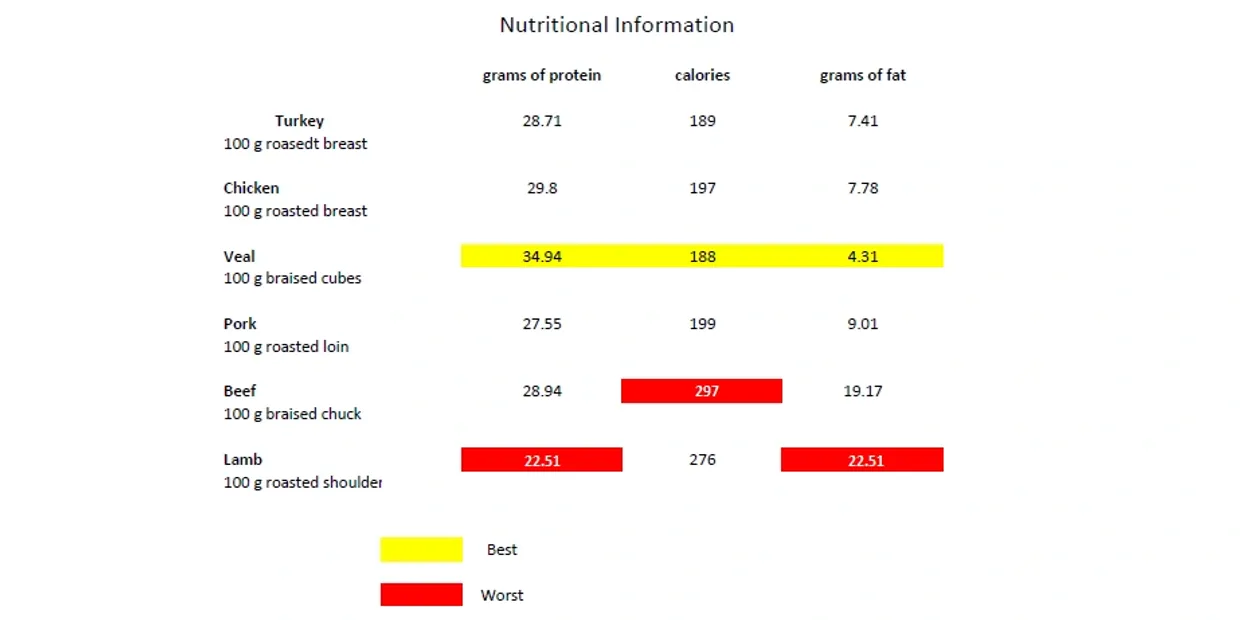Nutritional Info
Beef / Veal
The nutritional benefits of pasture raised meats are undeniable. However, the exact results vary from study to study mainly due to the differences in pasture types. In general, compared to traditionally raised feed lot beef, the benefits of pasture raised beef and veal are as follows. It is
– Lower in fat and calories
– Higher in beta-carotene
– Higher in the B vitamins thiamin and riboflavin
– Higher in the minerals calcium, magnesium and potassium
– Higher in total omega 3’s and antioxidants
Pasture raised beef and veal get more exercise then feed lot cattle leading to a leaner, healthier product.
Chicken
Pasture raised chicken has many nutritional benefits as well. Being raised out in the sun gives its skin over 40% more vitamin A than birds raised indoors. Compared to confinement birds, pastured raised chickens also have
– 20% less fat
– 30% less saturated fat
– Higher in omega 3’s
Pasture raised chickens get more room to move around to forage for grasses and bugs making the end product leaner and healthier. It also slows down the growth of the birds leading to far less sudden death syndrome.
Heritage Pork
The dominant fat in pork, whether it is pasture raised or not, is monounsaturated fat. This is the same fat found in abundance in avocado and olive oil that gives these foods their “heart healthy” title.
Pasture raised pigs with access to natural forage and lots of sunshine develop meat and fat that is richer in micronutrients such as vitamin E and D as well as other minerals such as selenium. Pigs, like humans, are monogastric animals and make vitamin D in their skin and in their fat when exposed to sunlight. This makes pasture raised pork particularly rich in vitamin D.
Eggs
The pasture raised eggs have shocking nutritional benefits when compared to its traditionally raised counterpart! They have
– 33% less cholesterol
– 25% less saturated fat
– 66% vitamin A
– 2 times more omega 3 fatty acids
– 3 times more vitamin E
– 7 times more beta carotene

